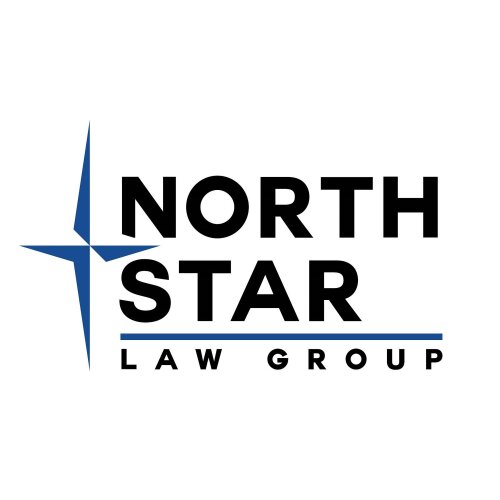Best Land Use & Zoning Lawyers in Anchorage
Share your needs with us, get contacted by law firms.
Free. Takes 2 min.
Free Guide to Hiring a Real Estate Lawyer
List of the best lawyers in Anchorage, United States
About Land Use & Zoning Law in Anchorage, United States
Land Use and Zoning Law in Anchorage, United States, is a complex area of law that deals with how landowners can and cannot use their property. It is governed by municipal codes and ordinances developed by Anchorage’s local government, under the guidance of the state law. It involves restrictions on particular lands for residential, commercial, agricultural, and industrial use.
Why You May Need a Lawyer
Given the complexities surrounding the zoning and land use laws, hiring a lawyer could be beneficial in various situations. If you're a property owner planning a project that doesn't conform to current zoning laws, you may require a zoning variance which a lawyer can help apply for. If you're a builder or developer, complying with environmental regulations and securing necessary permits can be aided by a lawyer. Additionally, if you are facing government enforcement actions related to land use regulations, legal guidance is often necessary.
Local Laws Overview
The key aspects of local laws in Anchorage related to land use and zoning include Title 21 of Anchorage Municipal Code, which addresses land use planning, and the zoning district standards. It contains specifics about land sizes, lot coverage, building heights, etc., differing notably between residential, commercial, and industrial zoning. There are also provisions about nonconforming land use, conditional uses, and zoning changes. Land use may also be affected by environmental protection laws, and building and safety codes in the area.
Frequently Asked Questions
1. Can I change the zoning of my property?
Yes, but it involves applying for a zoning change or variance. This can be a complex process requiring public hearings and approval from the governing bodies. Legal advice is recommended.
2. What happens if I violate zoning laws?
Zoning violations can result in enforcement actions from the local government, potentially including fines, imposition of corrective measures, or even criminal prosecution in serious cases.
3. How can I find out how my land is zoned?
The Municipality of Anchorage's Planning Department can provide information on the zoning classification of your property.
4. Can the prevailing zoning law alter over time?
Yes, zoning laws may change based on new policies or updates to the local master plan. These changes can affect land use and property value.
5. Can I appeal a zoning decision?
Yes, if you apply for a variance or a special-use permit and it's denied, or if you disagree with a zoning decision affecting your property, you can appeal the decision. Legal representation is often beneficial in these cases.
Additional Resources
The Municipality of Anchorage's Planning Department is a primary resource for zoning and land use questions. The Planning and Zoning Commission is the decision-making body for zoning changes, conditional uses and variances. Nonprofit organizations like the Alaska Conservation Foundation can help with environmental compliance. It may also be beneficial to refer to the Anchorage Municipal Code.
Next Steps
If you need legal assistance in regards to Land Use & Zoning laws in Anchorage, seek advice from a qualified attorney with experience in this field. They can help navigate the local laws, represent your interests in negotiations or disputes, and assist in applications for zoning changes or variances.
Lawzana helps you find the best lawyers and law firms in Anchorage through a curated and pre-screened list of qualified legal professionals. Our platform offers rankings and detailed profiles of attorneys and law firms, allowing you to compare based on practice areas, including Land Use & Zoning, experience, and client feedback.
Each profile includes a description of the firm's areas of practice, client reviews, team members and partners, year of establishment, spoken languages, office locations, contact information, social media presence, and any published articles or resources. Most firms on our platform speak English and are experienced in both local and international legal matters.
Get a quote from top-rated law firms in Anchorage, United States — quickly, securely, and without unnecessary hassle.
Disclaimer:
The information provided on this page is for general informational purposes only and does not constitute legal advice. While we strive to ensure the accuracy and relevance of the content, legal information may change over time, and interpretations of the law can vary. You should always consult with a qualified legal professional for advice specific to your situation.
We disclaim all liability for actions taken or not taken based on the content of this page. If you believe any information is incorrect or outdated, please contact us, and we will review and update it where appropriate.











